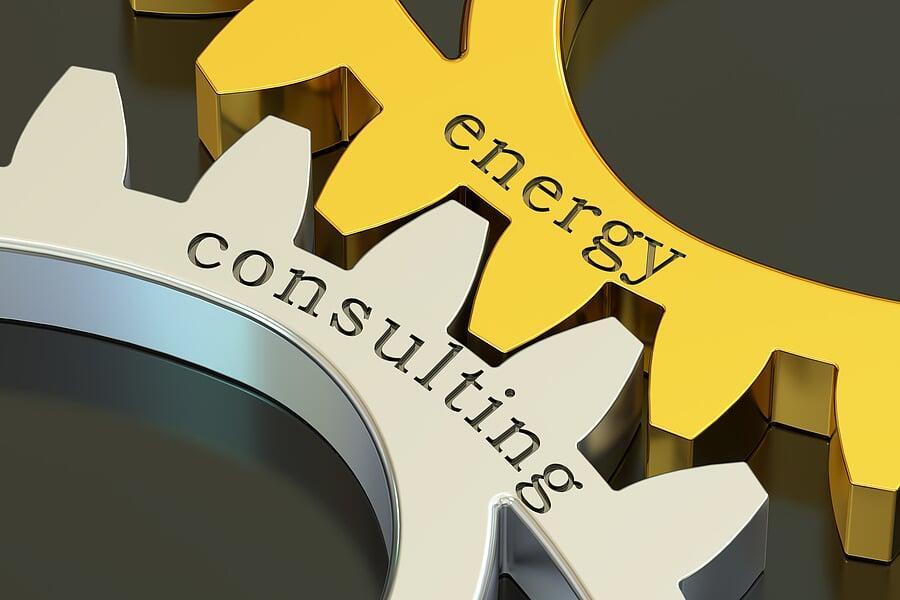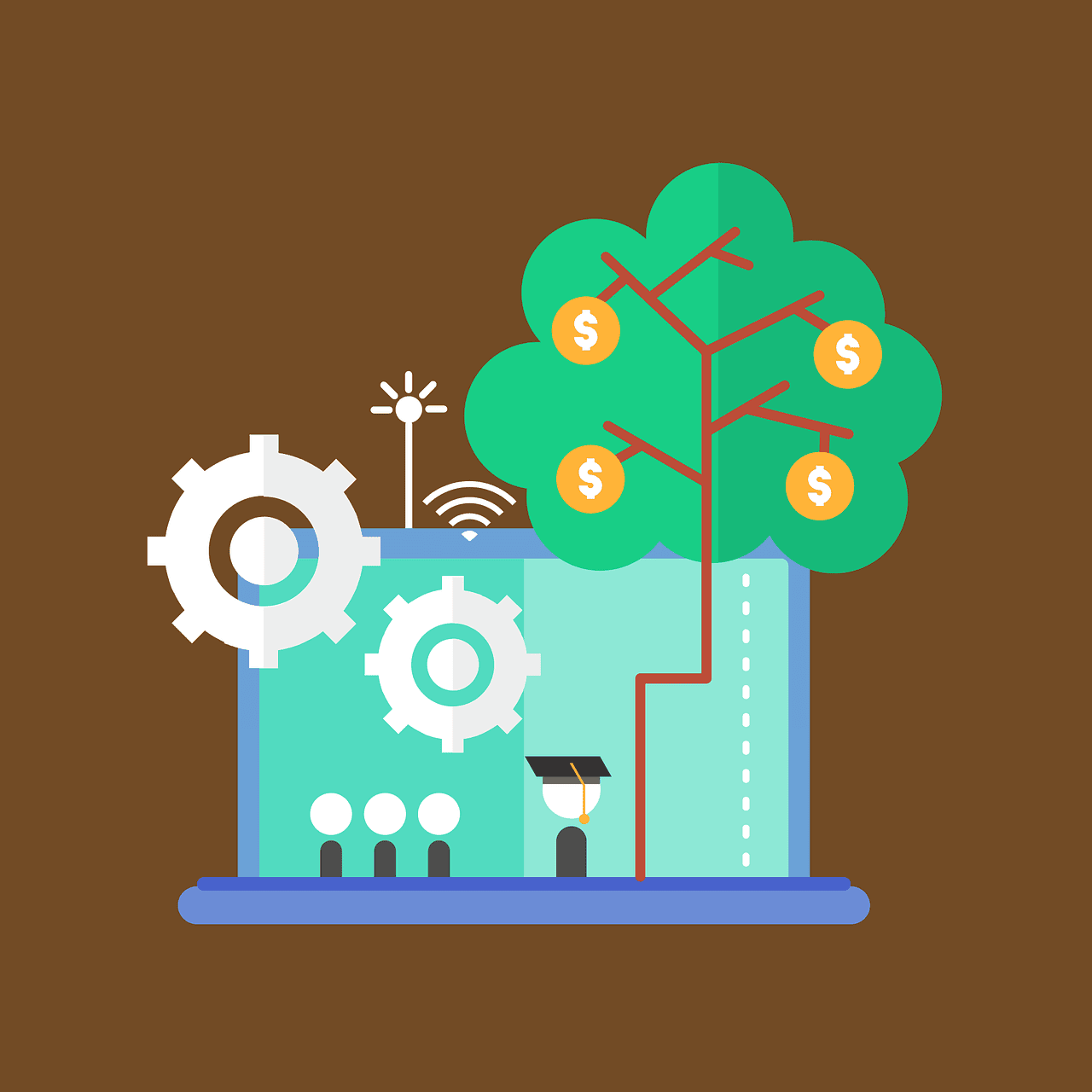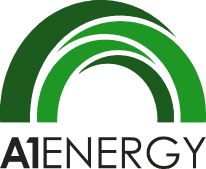
Energy. It's the lifeblood of your business, powering everything from your lights and computers to your manufacturing lines and HVAC systems. But managing energy effectively – procuring it at best rates, optimizing its use, and navigating a complex, ever-changing market – is a significant challenge. For many businesses, volatile prices, confusing contracts, and the sheer time commitment involved make energy management a daunting task. This is where an energy consultant can become an invaluable partner.
Choosing the right energy consultant, however, is crucial. The wrong choice can lead to missed savings opportunities, unfavorable contract terms, or strategies that don't align with your business goals. This guide is designed to demystify the process, providing you with the knowledge and framework needed to select the best energy consultant to navigate the complexities of the energy market and drive sustainable savings for your business.
We'll cover everything from understanding the value a consultant brings compared to going it alone, to identifying key strategies they employ, recognizing essential qualities like local expertise, appreciating the benefits of long-term partnerships, and understanding how the future of energy consulting impacts your choices today.
Why Hire an Energy Consultant? Weighing the Benefits Against DIY
One of the first questions many businesses ask is whether they truly need an external expert. Can't energy procurement and management be handled in-house? While a DIY approach might seem feasible, especially for smaller operations, the complexities and potential pitfalls of the energy market often make professional guidance a more prudent and profitable choice.
The DIY Challenge: Managing energy effectively requires significant time, dedicated resources, and deep market expertise. Procurement involves more than just picking the lowest price; it requires understanding market timing, contract structures (fixed, variable, indexed, block & index), supplier reputations, regulatory changes, and transmission/distribution costs. Internal staff, often juggling multiple responsibilities, rarely possess the specialized knowledge or have the time to constantly monitor volatile energy markets. This can lead to reactive decision-making, missed savings opportunities, or locking into unfavorable long-term contracts. Furthermore, analyzing usage patterns, identifying efficiency improvements, and staying abreast of sustainability options add layers of complexity that often exceed internal capabilities.
The Consultant Advantage: An energy consultant acts as your dedicated energy department, bringing specialized knowledge, market intelligence, and established supplier relationships to the table. They understand the nuances of deregulation, tariff structures, and risk management strategies. Their core focus is energy, allowing them to monitor markets continuously, identify optimal purchasing windows, and negotiate aggressively on your behalf. Consultants leverage sophisticated analytics tools to dissect your energy usage, benchmark your performance, and recommend tailored strategies for cost reduction and efficiency. They provide objectivity, removing internal biases and ensuring decisions are data-driven and aligned with your long-term business objectives. Ultimately, a good consultant doesn't just save you money on procurement; they provide strategic insights that can transform how your business consumes and manages energy.
As explored in our detailed comparison, the decision between hiring an expert and managing energy in-house often comes down to resources, risk tolerance, and the potential for savings. For businesses seeking to optimize costs and navigate market volatility effectively, the expertise of a consultant typically provides a significant return on investment.
Learn more: Energy Consultant vs. DIY: Making the Right Choice for Your Business
Unlocking Savings: Key Strategies Employed by Effective Energy Consultants
A top-tier energy consultant, or energy broker, doesn't just find you a price; they develop and implement comprehensive strategies tailored to your business's unique consumption profile, risk tolerance, and financial goals. Their value lies in their strategic approach to procurement and management.
Core Strategies Include:
Risk Management: Energy markets are inherently volatile. Consultants help you understand and mitigate this risk. They'll analyze your tolerance for price fluctuations and recommend appropriate contract structures. This could range from fully fixed-price contracts for budget certainty to more complex layered purchasing or index-based strategies that offer potential savings but carry higher risk. They help you hedge against market spikes while positioning you to benefit from dips.
Market Timing and Procurement: Knowing when to buy is as important as knowing what to buy. Consultants use market intelligence, forecasting tools, and an understanding of seasonal trends and geopolitical factors to identify opportune moments to secure energy contracts. They run structured Request for Proposal (RFP) processes, ensuring competitive bidding among a vetted pool of suppliers.
Supplier Negotiation and Vetting: Consultants have established relationships with numerous Retail Electric Providers (REPs) and natural gas suppliers. They understand the strengths, weaknesses, and financial stability of each. They negotiate not just on price but also on crucial contract terms and conditions (T&Cs), such as bandwidth tolerance, material change clauses, and payment terms, which can significantly impact the overall cost and flexibility.
Data Analysis and Load Profiling: Understanding how and when your business uses energy is fundamental. Consultants analyze your historical usage data (interval data, if available) to create a detailed load profile. This helps identify peak demand charges, optimize usage patterns, and informs the selection of the most suitable contract type and purchasing strategy.
Bill Auditing and Verification: Energy bills can be complex and prone to errors. Consultants regularly audit your bills to ensure accuracy in charges, taxes, and tariff application, recovering potential overpayments.
Demand-Side Management: Beyond procurement, consultants often advise on strategies to reduce overall consumption and demand charges. This can include recommendations for energy efficiency upgrades, participation in demand response programs, or operational adjustments.
The specific blend of strategies employed will depend on your business needs. As discussed in our deep dive into consultant methodologies, a proactive and multi-faceted approach is key to maximizing savings and managing risk effectively.
Explore strategies: Unlocking Savings: Key Strategies Energy Consultants Use

What to Look For: Qualities of the Best Energy Consultants
Not all energy consultants are created equal. Identifying a consultant with the right qualifications, experience, and approach is critical for a successful partnership. Here are key qualities to look for:
Independence and Objectivity: Ensure the consultant works for you, not for specific suppliers. They should be supplier-agnostic, presenting offers transparently and providing unbiased recommendations based solely on your best interests. Ask about their compensation structure – fee-based consultants are often perceived as more objective than commission-based brokers whose compensation might be tied to specific suppliers or contract lengths.
Proven Track Record and Experience: Look for a consultant with a demonstrable history of success working with businesses similar to yours in size, industry, and energy consumption patterns. Ask for case studies and client references. How long have they been in business? What results have they achieved for comparable clients?
Market Expertise (Including Local Insight): Energy markets vary significantly by region due to different regulations, grid operators (ISOs/RTOs), utility territories, and local supplier dynamics. A consultant with deep knowledge of your specific market is crucial. They need to understand the local regulatory landscape, utility tariffs, transmission and distribution nuances, and the reputation of regional suppliers. This local expertise ensures strategies are relevant and compliant, and that you're accessing the best available regional opportunities.
Transparency: A good consultant operates with full transparency. They should clearly explain their process, methodologies, recommendations, and fee structure. You should understand how they analyze the market, how they vet suppliers, and why they recommend a particular strategy or contract. They should provide clear reporting and be readily available to answer your questions.
Analytical Capabilities: The ability to analyze complex data is paramount. Ensure the consultant utilizes robust analytical tools and techniques for load profiling, market forecasting, risk assessment, and savings verification.
Communication and Relationship Skills: This is a partnership. Your consultant should be a clear communicator, responsive to your needs, and capable of explaining complex energy concepts in an understandable way. They should feel like an extension of your team.
Scope of Services: Do they only handle procurement, or do they also offer services like bill auditing, sustainability consulting, efficiency recommendations, or regulatory monitoring? Ensure their service offerings align with your current and potential future needs.
The importance of understanding the local market cannot be overstated. As highlighted in our examination of this specific attribute, local knowledge provides a critical edge in navigating regional complexities and unlocking geographically specific savings opportunities.
Learn why locality matters: Why Local Expertise Matters in Energy Consulting
Building a Successful Partnership: Beyond the Initial Contract
Choosing an energy consultant shouldn't be viewed as a one-off transaction solely focused on securing the next energy contract. The greatest value often comes from cultivating a long-term, strategic partnership. While the initial procurement process is vital, ongoing management and advisory services unlock continuous benefits.
Benefits of a Long-Term View:
Proactive Market Monitoring: Energy markets never sleep. A long-term partner continuously monitors market conditions, regulatory changes, and shifts in your usage patterns, proactively identifying future procurement opportunities or necessary strategy adjustments long before your current contract expires.
Ongoing Optimization: Your business changes, and so do your energy needs. A long-term consultant understands your evolving operations and can adapt energy strategies accordingly. They can provide ongoing analysis of your usage, identify new efficiency opportunities, and help you navigate expansions or changes in operational schedules.
Budget Management and Forecasting: Regular reporting and performance reviews help you track savings and manage energy budgets more effectively. Consultants can provide forecasts based on market trends and your anticipated usage, aiding in financial planning.
Regulatory and Compliance Support: Energy regulations are constantly evolving. A long-term partner keeps you informed about changes that could impact your costs or create new opportunities (like incentives or demand response programs) and ensures your strategies remain compliant.
Strategic Planning: As your business evolves, your energy strategy should too. A long-term consultant can help integrate energy planning with broader business goals, such as sustainability targets, carbon footprint reduction, or electrification initiatives.
Simplified Management: Having a trusted advisor who understands your history, preferences, and risk tolerance streamlines future procurement cycles and simplifies ongoing energy management tasks like bill validation and issue resolution.
Viewing your consultant relationship as a partnership rather than just a procurement service fosters deeper collaboration and yields more significant, sustained results. As discussed in our piece on the value of ongoing relationships, the benefits extend far beyond the initial contract negotiation, providing continuous strategic support and market navigation.
Discover partnership benefits: Beyond the Contract: The Value of a Long-Term Partnership with Your Energy Consultant
The Evolving Landscape: Future-Proofing Your Energy Strategy
The energy world is undergoing a dramatic transformation, driven by technological innovation, decarbonization goals, and evolving consumer expectations. Choosing an energy consultant today requires considering their ability to navigate not just the current market, but also the future landscape.
Key Trends Shaping the Future:
Decarbonization and Sustainability: Businesses face increasing pressure (from regulators, investors, and customers) to reduce their carbon footprint. Consultants are playing a key role in helping businesses develop sustainability strategies, procure renewable energy (through PPAs, RECs, or green tariffs), evaluate onsite generation (like solar), and track environmental metrics.
Electrification: The shift towards electrifying transportation (EV fleets) and industrial processes is changing energy consumption patterns and increasing reliance on the grid. Consultants help businesses plan for increased electricity demand and optimize charging strategies.
Data Analytics and AI: Advanced analytics and artificial intelligence are becoming more integral to energy management. Consultants leverage these tools for more accurate forecasting, predictive maintenance of energy assets, real-time usage optimization, and sophisticated risk modeling.
Grid Interactivity and Flexibility: Technologies like battery storage, smart thermostats, and controllable loads allow businesses to become more interactive with the grid. Consultants help businesses evaluate participation in demand response programs, utilize energy storage to manage costs, and potentially even generate revenue by providing grid services.
Resilience and Reliability: Grid reliability is a growing concern. Consultants advise on strategies to enhance energy resilience, including backup generation, microgrids, and uninterruptible power supplies (UPS).
When selecting a consultant, inquire about their expertise in these emerging areas. Are they equipped to advise on renewable energy procurement? Do they utilize advanced data analytics? Can they help you evaluate energy storage or demand response opportunities? Partnering with a forward-looking consultant ensures your energy strategy remains relevant and effective as the market evolves. As explored in our look ahead, the role of the energy consultant is expanding beyond procurement to encompass holistic, future-focused energy management.
Explore future trends: Navigating Tomorrow: The Future of Energy Consulting and What It Means for Your Business

The Selection Process: Steps to Choosing Your Consultant
Finding the right energy consultant requires a structured approach. Here’s a step-by-step process:
Define Your Needs and Goals: What are you hoping to achieve? Lower costs? Budget certainty? Improved sustainability? Reduced administrative burden? Clearly defining your objectives will help you evaluate potential consultants. Document your annual energy consumption (kWh, therms/dekatherms), number of locations, current contract expiration dates, and any specific challenges you face.
Identify Potential Consultants: Seek recommendations from industry peers or business associations. Search online directories. Look for consultants with experience in your industry and region. Create a shortlist of 3-5 potential candidates.
Issue a Request for Information (RFI) or Request for Proposal (RFP): Prepare a formal document outlining your needs, goals, and facility information. Ask specific questions about their experience, services, methodology, team structure, reporting capabilities, local market knowledge, approach to sustainability, and fee structure.
Evaluate Proposals: Carefully review the responses. Assess their understanding of your needs, the clarity of their proposed strategy, their relevant experience (case studies, references), transparency in fees, and expertise in areas important to you (like local markets or renewables).
Conduct Interviews: Meet with your top candidates (virtually or in person). Use this opportunity to gauge their communication style, ask follow-up questions, clarify points from their proposal, and assess the potential for a strong working relationship. Ask specific questions about how they handle market volatility, supplier disputes, and reporting.
Check References: Speak with current or former clients, particularly those similar to your business. Ask about their satisfaction with the consultant's performance, responsiveness, transparency, and the results achieved.
Negotiate the Agreement: Once you've selected a consultant, carefully review their service agreement. Ensure it clearly outlines the scope of work, deliverables, reporting frequency, term length, confidentiality clauses, and the complete fee structure (including how savings are calculated if applicable).
Conclusion: Powering Your Business Success
Navigating the complexities of the energy market is a critical task for any business aiming for operational efficiency and financial health. While the DIY approach is possible, the specialized expertise, market access, and strategic guidance offered by a qualified energy advisor provide a distinct advantage, often translating into significant cost savings and risk mitigation.
By understanding the key strategies consultants employ, recognizing the essential qualities to look for – especially independence and local market expertise – and appreciating the value of a long-term partnership, you can make an informed decision. Remember to consider the future landscape of energy and choose a partner equipped to guide you through evolving trends like sustainability and grid interactivity.
Choosing the best energy consultant is an investment in your business's future. Take the time to conduct a thorough selection process, focusing on transparency, experience, and alignment with your specific needs and goals. With the right partner by your side, you can confidently navigate the energy market, optimize your consumption, and power your business towards greater success.
Ready to take control of your energy strategy? Contact A1 Energy today for a consultation.
